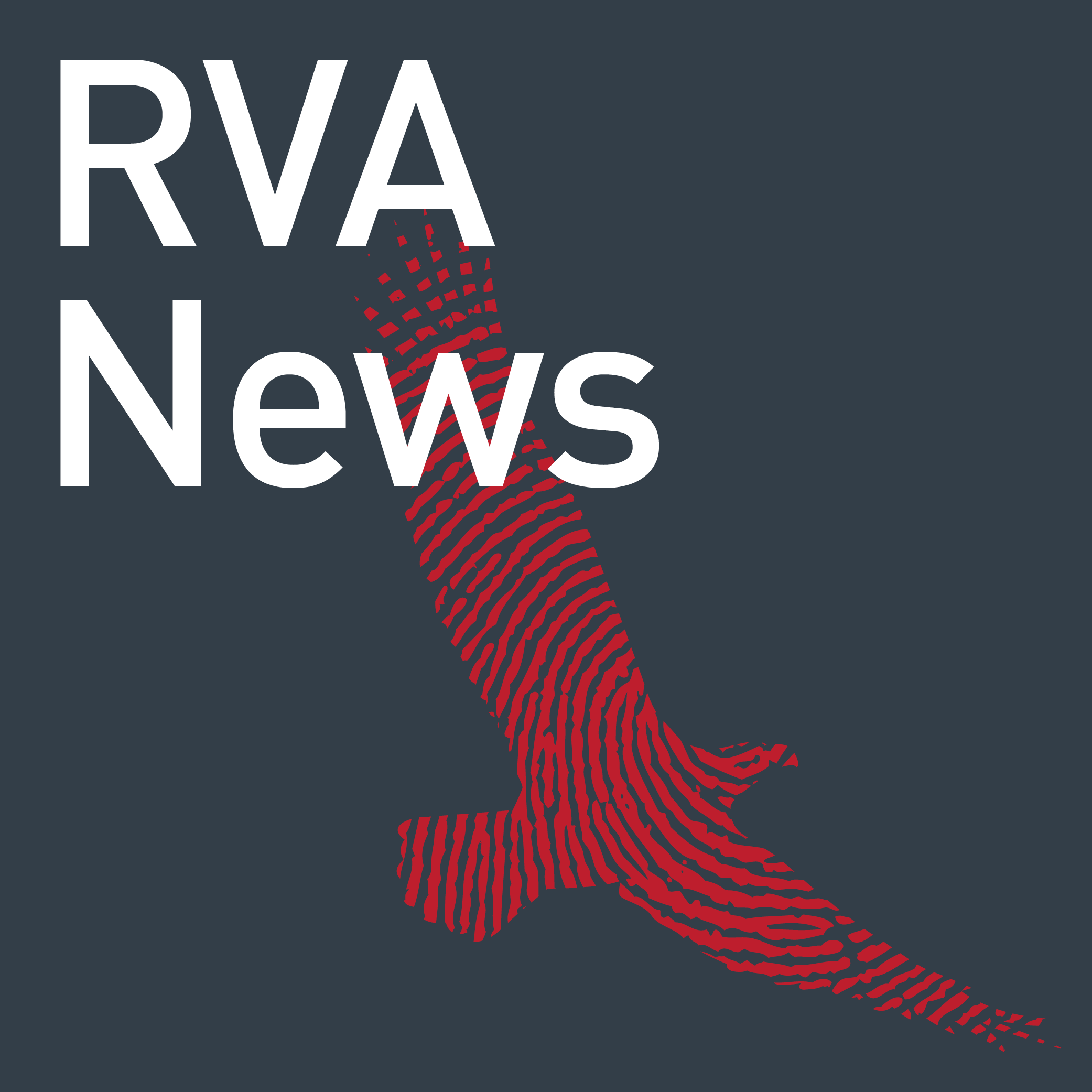
Rare Voices Australia (RVA) is pleased to be the lead consortium partner on The Navigator Project, which has been named the recipient of the Rare and Complex Disease Telehealth Nurse Program grant. Read the Australian Government’s media release.
The funding of up to $2.48 million will support the estimated two million Australians living with a rare disease to navigate the health system, including via the assistance of telehealth nurses. This activity is scheduled to run over three years from mid 2023.
The Navigator Project and the National Strategic Action Plan for Rare Diseases
The Navigator Project addresses the specific criteria of the open competitive grant opportunity and responds to several needs, priorities, actions and implementation areas identified in the Australian Government’s National Strategic Action Plan for Rare Diseases (the Action Plan). Importantly, this work will accelerate progress towards achieving the Action Plan’s vision:
The best possible health and wellbeing outcomes for Australians living with a rare disease.1
The Navigator Project also responds to ongoing stakeholder feedback from various consultations and projects regarding the gap in equity for all Australians living with a rare disease. Equity of access is a foundation principle of the Action Plan. 1
Key aspects of The Navigator Project
Collaboration, sustainability, data collection and evaluation are key aspects of The Navigator Project, which sees RVA partnering with the Child and Adolescent Health Service Rare Care Clinical Centre of Expertise for Rare and Undiagnosed Diseases located at Perth Children’s Hospital and Sydney Children’s Hospitals Network. Both consortium partners will deliver the necessary expertise, experience and infrastructure required to support telehealth nurse services. RVA will also partner with three consumer-led rare and complex disease organisations currently providing an existing telehealth nurse service navigation program.
The Navigator Project will:
- Deliver a much-needed navigation service, while identifying gaps and leveraging existing strengths in the system
- Build service navigation capacity within both clinical and consumer-led services
With its strong focus on data collection and evaluation, The Navigator Project increases the potential for system improvement as the data collected will guide future government investment.
The Navigator Project has three core components:
- RARE Helpline
- Telehealth nurse service navigation trial sites
- Engagement with three consumer-led rare and complex disease organisations
1. RARE Helpline
Purpose: To provide service navigation support to Australians living with a rare disease.
Primarily staffed by appropriately trained agents, the RARE Helpline will provide timely access to information and answer key questions people living with a rare disease often face.
The RARE Helpline will:
- Support people to connect with existing information that is reliable
- Provide resources that respond to people’s specific needs
- Help to increase people’s health literacy and engagement with care and support services
- Assist in connecting people with existing health services and/or professionals where possible
The RARE Helpline will complement work already being undertaken on the Rare Awareness Rare Education (RARE) Portal for rare diseases.
2. Telehealth nurse service navigation trial sites
Purpose: To provide targeted nurse-led support for people with highly complex conditions or issues where information and access to services may be restricted or particularly challenging.
Rare diseases typically display high levels of symptom complexity and in some cases, navigating people to well defined care and support services is not possible. The two telehealth sites will be staffed by people with specialist rare disease expertise and experience, particularly in relation to working with several of the priority populations identified in the Action Plan:
- Those with an undiagnosed rare disease
- People living in regional, rural and remote areas
- Aboriginal and Torres Strait Islander people
- Those living with an intellectual disability
Embedding telehealth nurses within existing rare disease clinical services:
- Increases clinical knowledge and influence within the health system
- Provides important professional development opportunities for health professionals and those undertaking training
- Encourages more effective coordinated care within the health system
3. Engagement with three consumer-led rare and complex disease organisations
Purpose: To contribute to The Navigator Project’s overall data collection and reporting.
RVA will engage with three consumer-led rare and complex disease organisations already providing disease-specific telehealth service navigation. Three organisations will receive funding through The Navigator Project for data collection, project reporting and advisory consultation. Selection criteria will be communicated across RVA’s public facing channels (website, social media and our monthly eNewsletter). Interested organisations will have the opportunity to lodge an Expression of Interest to detail their demonstrated expertise and experience with telehealth nurse service navigation.
Queries about The Navigator Project
Please direct all queries about The Navigator Project to: [email protected].
Reference
- Department of Health. National Strategic Action Plan for Rare Diseases. Canberra; 2020. 63 p. Available from: https://www.health.gov.au/sites/default/files/documents/2020/03/national-strategic-action-plan-for-rare-diseases.pdf

